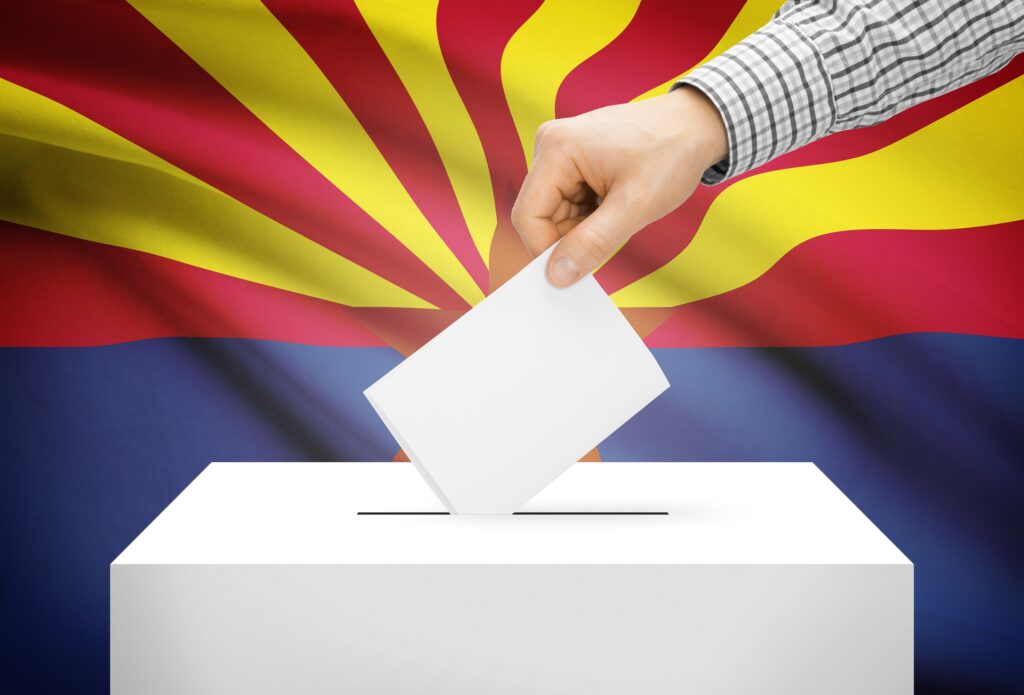Birth control in the states: A review of efforts to expand access
Authors
Key Points
Media Contact
For general and media inquiries and to book our experts, please contact: pr@rstreet.org
BACKGROUND
Discussions about hormonal contraception often veer of into important but tangential issues such as abortion, sexual morality and healthcare funding. But there is a needed debate about this topic that can avoid almost all of the controversy. It centers simply on access—on practical ways to remove government regulatory barriers that make it difficult and unnecessarily costly for women to readily purchase birth-control products. Hormonal birth control dramatically reduces unintended pregnancy rates and expands a woman’s autonomy to choose her family planning methods. Not surprisingly, then, there should be plenty of common ground to pursue simple measures that make it more easily available. And, as in many policy areas, the states are already leading the way.
Press release: R Street policy study: Allow pharmacy access of birth control for better women’s reproductive health and improved consumer choice











